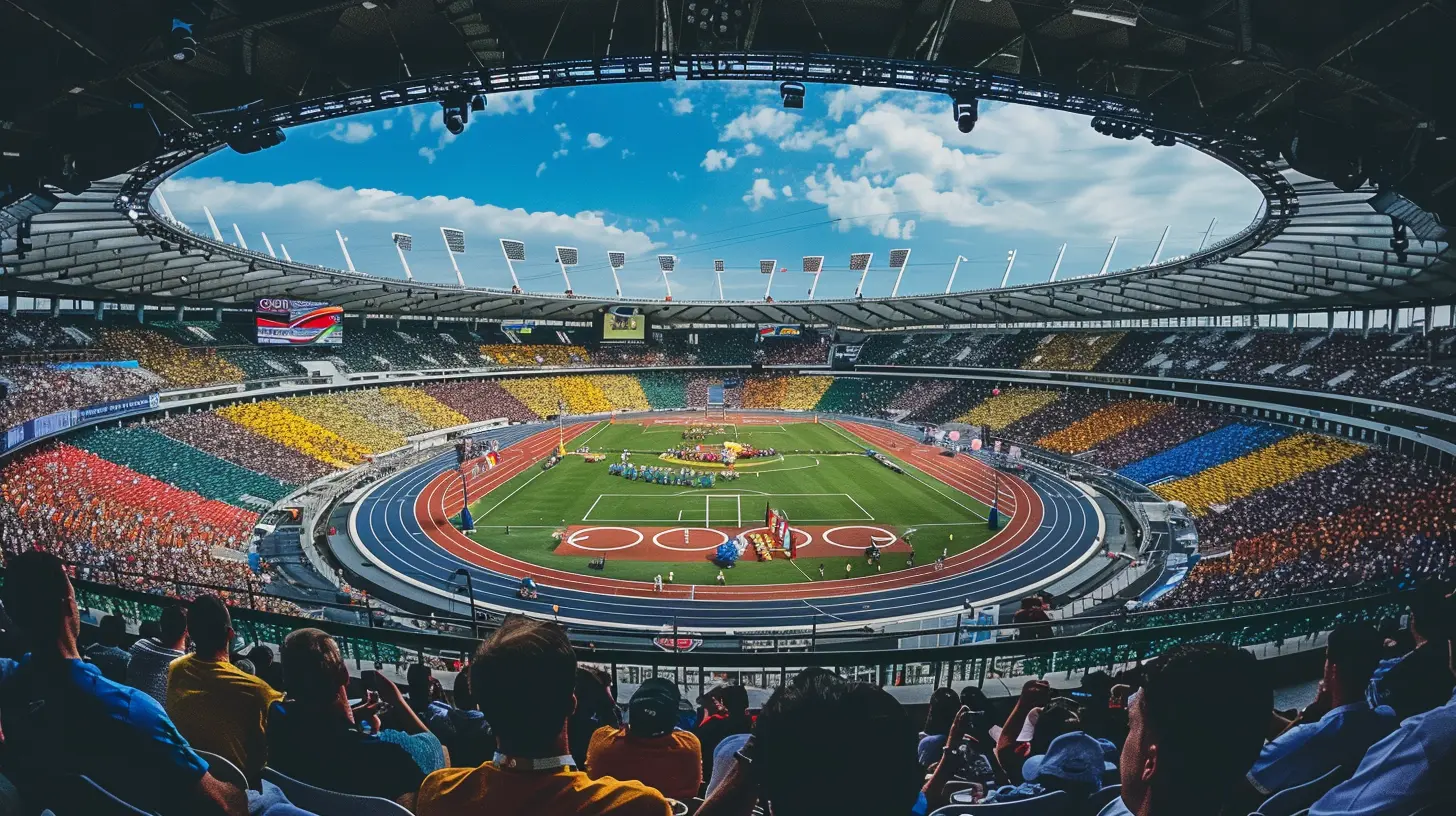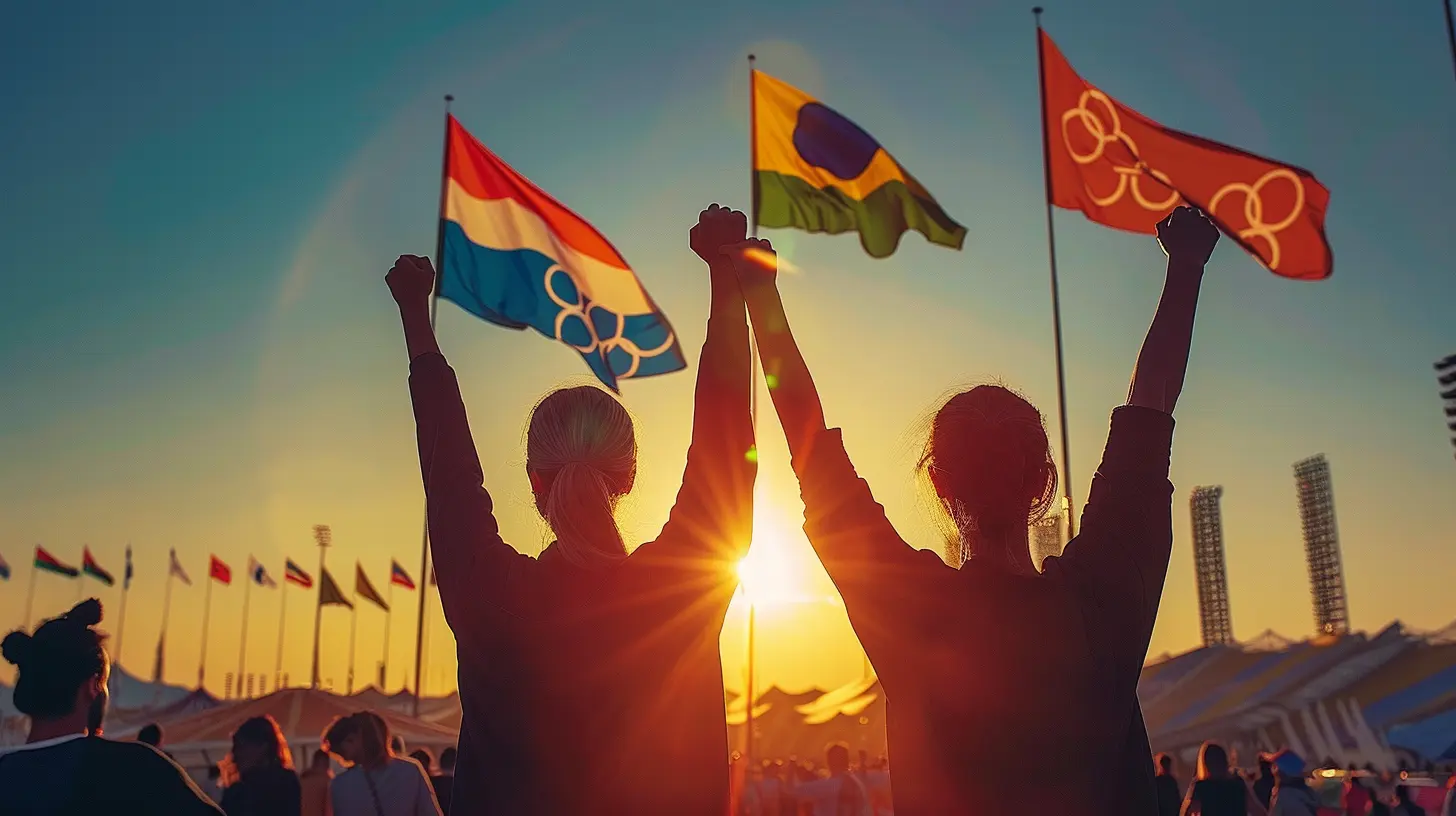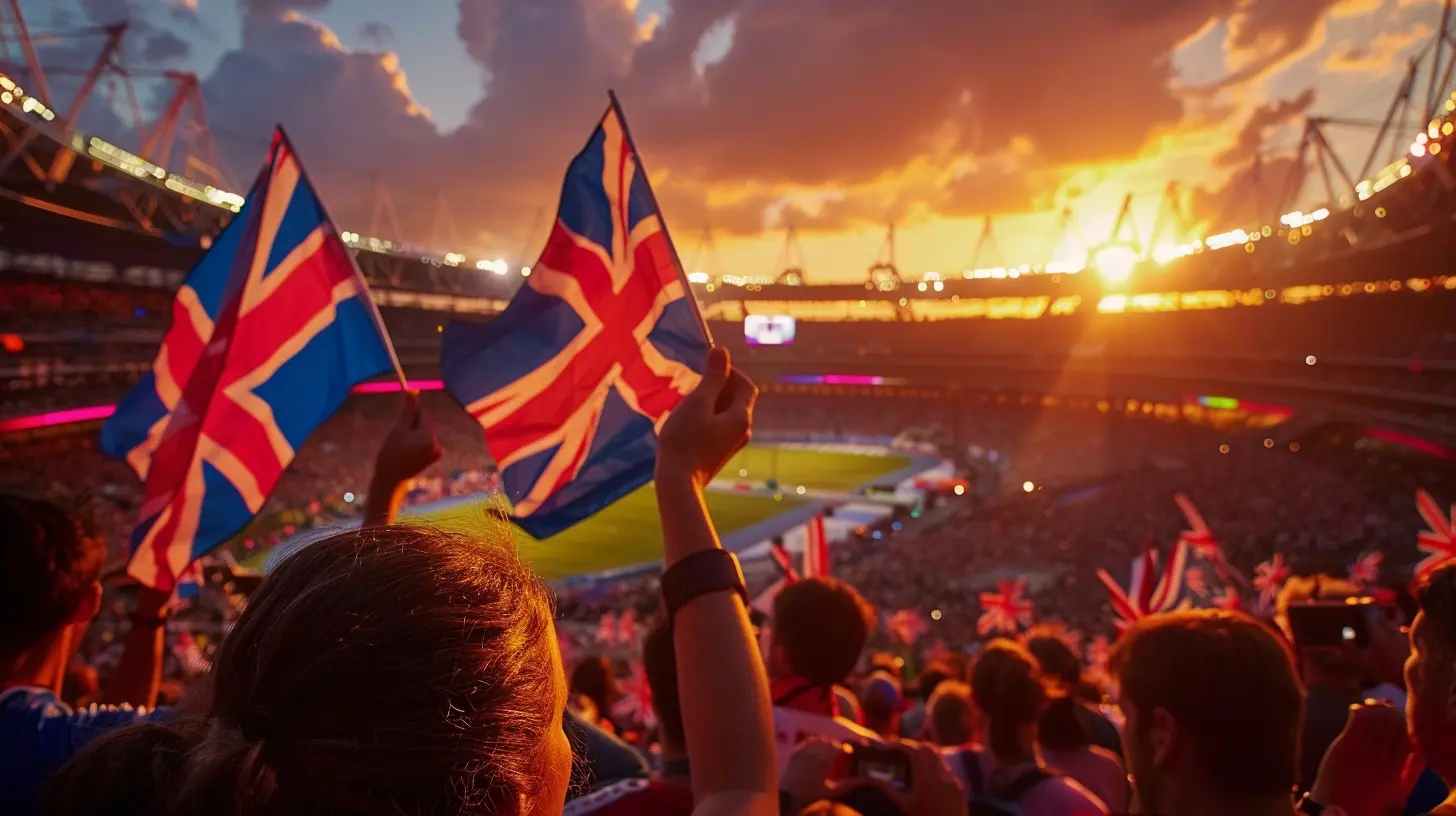The Impact of the Olympics on Global Tourism
4 August 2025
When we think of the Olympic Games, images of triumph, unity, and fierce global competition come to mind. But beyond the medals, national anthems, and flag-waving fans, there’s another massive player on the sidelines — tourism. Yep, the Olympics are a goldmine for global tourism, and their impact stretches far beyond sport. Let’s unpack how this mega-event affects tourism all over the world — the good, the not-so-good, and the downright surprising.
A Global Invitation to Travel
Let’s face it: when a city wins the Olympic bid, it’s like getting the golden ticket to the global tourism stage. For two weeks (plus the lead-up and aftermath), all eyes are glued to the host city. Millions tune in to watch the events, but many are also thinking, “Wow, I’d love to go there someday.”The Tourist Rush
During the Olympics, cities experience a massive spike in international visitors. Think about it — athletes, coaches, family members, fans, journalists, corporate sponsors, and curious wanderers all pour into the city. For example, the 2016 Rio de Janeiro Olympics attracted around half a million tourists. That’s no joke. Hotels get fully booked, restaurants are packed, and local attractions are suddenly trending.Marketing on Steroids
Hosting the Olympics is like getting a free, international commercial — on repeat. Every skyline drone shot, scenic backdrop, and cultural celebration is a chance to sell the city and country on a global scale. In terms of exposure, it's the kind of marketing no tourism board could ever afford on its own. From postcards to panoramic drone shots — it’s a travel influencer’s dream come true.
Infrastructure Boom (and Sometimes Bust)
The Olympic Games come with a hefty to-do list for the host city. New stadiums, upgraded airports, fresh hotels, smoother transport systems — the infrastructure changes are jaw-dropping.Long-Term Tourism Perks
When done right, these upgrades massively boost tourism even after the torch goes out. Take Barcelona, for example. Before the 1992 Olympics, it wasn’t exactly a hot tourist destination. But after revamping its beaches, roads, and public transport, it became one of Europe’s top spots for visitors. The Olympics practically put it on the map.Cities often use the Games as a deadline to fast-track projects that normally would’ve taken years (or decades). For tourists, that means better access, smoother travel, and more modern facilities — perks that last long after the final event.
The Flip Side: White Elephants
But let’s not sugarcoat it — not all Olympic legacies are positive. Some cities go all out, building mega structures that turn into ghost towns. Remember the iconic bird’s nest stadium in Beijing? It’s stunning, but it hasn’t seen much action post-Olympics.If cities don’t plan smartly, they risk spending billions on flashy projects that never get used again. And for future tourists, that’s not very appealing. No one travels halfway across the globe to see an abandoned velodrome.
The Economic Ripple Effect
Tourism and the economy go hand in hand, especially during massive events like the Olympics. From local vendors to luxury hotels, nearly every part of the travel industry sees a surge.Jobs, Jobs, Jobs
The lead-up to the Games creates thousands of jobs — from construction workers to taxi drivers to hospitality staff. Local businesses gear up for waves of international guests, and the cash flows freely (at least for a while).The Post-Games Slump
Here’s the curveball: once the Games are over, tourism numbers can drop. Sometimes drastically. It’s like the adrenaline crash after a sugar high. Cities that don’t have a long-term plan for tourism might struggle once the Olympic spotlight moves on.And there's this weird paradox — locals leave the city to avoid the crowds while international tourists flood in. So while hotels might be booked and restaurants packed, not all parts of the economy feel the love.
Cultural Tourism Takes Center Stage
One often-overlooked benefit of the Olympics is the boost in cultural tourism. Sure, most people come for the sports, but they stick around (or come back later) for the culture.A Showcase of Identity
Every Olympics is a showcase of the host country’s best assets — its people, its culture, its cuisine, and its vibe. The opening and closing ceremonies basically turn into cultural commercials. Countries dig deep into their traditions to show the world who they are and why they’re worth visiting.Sydney knocked this out of the park in 2000, blending Aboriginal performances with Aussie charm. Tokyo’s 2021 Games embraced modern tech while honoring ancient traditions. Those cultural snapshots stick in people’s minds — encouraging future travels.
The Role of Media and Social Buzz
In the age of social media, the Olympic Games are more than just a TV event — they’re an endless stream of viral moments, trending hashtags, and Instagram stories.Visual Tourism
Let’s be real — seeing an athlete win gold with the Eiffel Tower in the background just hits differently. Fans and influencers flood the internet with photos, videos, and first-hand experiences. All this user-generated content acts as free advertising for the host city. A single TikTok from a popular travel vlogger can be just as powerful as a full-page ad.FOMO Is Real
Fear of missing out (FOMO) fuels tourism like nothing else. When people see how amazing the Olympic host city looks online, the urge to book a trip becomes irresistible. It's the same reason you want to visit that beach your friend posted last weekend — now scale that up to a global level.Destination Branding and Reputation
Here’s a biggie — the Olympics help shape and even redefine the way a city or country is viewed by the world.Rebranding Through Sport
Some cities have used the Games to shake off outdated stereotypes. Seoul in 1988 is a great example. The city used the Olympics to shine a global spotlight on its modernization, setting the stage for South Korea’s tech and culture explosion.The same goes for cities like Rio, which, despite facing criticism, managed to share its vibrant culture, breathtaking landscapes, and infectious energy with millions around the world.
Risk of Bad Press
But it’s a double-edged sword. Cities are under the microscope, and any negative press — protests, corruption, poor hospitality — can tarnish their tourism image. Tourists are picky. A bad review during the Olympics can stick around for years.Tourism Beyond the Host City
Here’s an often-ignored fact: the Olympic tourism boom isn’t limited to just the host city.Spreading the Love
Visitors often take side trips before or after the Games. Think about it — if you're flying all the way to Tokyo, why not hop over to Kyoto or Osaka? Tourists are curious and adventurous, and the Olympics give them the perfect excuse to explore more of the country.So even regions not directly involved in the Games still benefit from the tourism surge. It’s like a ripple effect across the country — or even neighboring ones.
The Long-Term Tourism Legacy
All this leads to one big question: do the Olympics really boost tourism in the long run?It Depends on Execution
Some cities, like London (2012), absolutely nailed it. London leveraged the Olympics to improve infrastructure, build new tourist attractions like the Queen Elizabeth Olympic Park, and promote itself as a modern, must-see destination.Others… not so much. Some cities fail to capitalize on the post-Olympic momentum, letting facilities fall into disrepair and tourism strategies fade away.
Building a Tourism Strategy Around the Games
The most successful hosts treat the Olympics as a launchpad, not a finish line. They use the exposure to promote return visits, cultural discovery, and repeat tourism. They invest in marketing, maintain Olympic sites as attractions, and build on the international goodwill.Final Thoughts
At its core, the Olympics are about more than sport. They're a global celebration that brings people together — not just in stadiums, but across hotel lobbies, food markets, airport terminals, and tourist landmarks. Yes, the event comes with challenges, but when used wisely, it’s a powerful tool for boosting global tourism. Countries get a chance to tell their story, cities put themselves on the map, and tourists gain lifelong memories.The Olympic flame might burn for just a few weeks, but its glow on the tourism world can last for decades — if the host plays their cards right.
all images in this post were generated using AI tools
Category:
OlympicsAuthor:

Easton Simmons
Discussion
rate this article
1 comments
Vesper Rodriguez
Great article! It's fascinating to see how the Olympics not only showcase athletic talent but also boost global tourism. The influx of visitors during the Games creates lasting memories and economic benefits for host cities. Can't wait to see how future events will shape the travel landscape!
August 30, 2025 at 3:06 AM

Easton Simmons
Thank you for your insightful comment! I’m glad you found the article interesting. The Olympics truly do have a profound impact on global tourism and local economies. Exciting times ahead!


